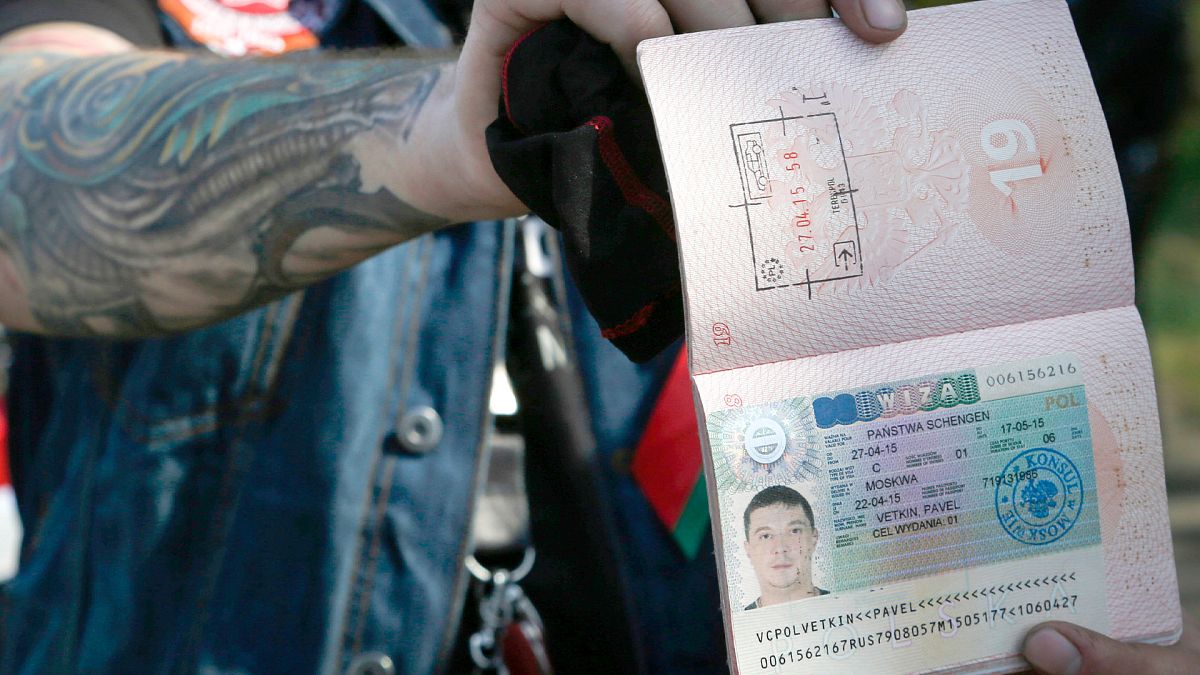A recent investigation in Poland has revealed corrupt practices within the country’s former conservative government involving the issuance of visas in exchange for cash. The state auditors found that Polish consulates in Asia and Africa were taking thousands of euros in exchange for work visas, including from Russian nationals. As a result of these findings, Poland has announced tighter visa regulations, including for students seeking study visas. Foreign Minister Radosław Sikorski condemned the actions of the former government, stating that unlawful pressure was exerted over Polish consuls to increase the number of visas issued to individuals who did not necessarily qualify for them.
The investigation uncovered 46 irregularities under the previous government, highlighting a lack of transparency and poor supervision within the visa issuance process. The scandal, which involved the sale of thousands of temporary work visas, dealt a blow to the Law and Justice party, which ultimately lost the election to PM Donald Tusk’s Civic Platform party. Tusk described the scandal as the biggest in Poland in the 21st century. Thousands of visas were issued by agencies working with Polish consulates, with some individuals paying as much as €7,000 for a visa. In one case, Indian farmers were granted visas under false pretenses as Bollywood filmmakers, paying up to $40,000 for the documents. Nationals from various countries, including Russia, Hong Kong, Taiwan, and Saudi Arabia, also allegedly paid inflated fees for temporary visas.
Following the revelations, the audit chamber is considering whether to involve prosecutors in the case. Former Deputy Foreign Minister Piotr Wawrzyk has already been charged in a separate investigation by the country’s anti-corruption bureau. The scandal has raised significant concerns about the integrity of Poland’s visa issuance process, particularly in the wake of the country’s political transition. The involvement of high-ranking officials in the corruption has further damaged public trust in the government and its ability to govern ethically. The implications of this scandal could have far-reaching consequences for Poland’s international reputation and its relations with other countries.
In response to the scandal, Poland has announced changes to its visa regulations to prevent similar abuses in the future. The new rules will apply to all visa applicants, including students seeking study visas in the country. Foreign Minister Radosław Sikorski emphasized the need for greater oversight and transparency in the visa issuance process to prevent any further misconduct. The tightening of visa regulations aims to restore public confidence in the government’s ability to uphold ethical standards and prevent corruption in the future. By taking decisive action against those involved in the scandal and implementing stricter controls on visa issuance, Poland hopes to move past this dark chapter and rebuild its reputation on the international stage.
The cash-for-visa scandal has had significant repercussions for Poland’s political landscape, leading to the downfall of the Law and Justice party and the election of a new government under PM Donald Tusk. The scandal has exposed the weaknesses in the country’s visa issuance system and highlighted the need for greater oversight and accountability in government. The involvement of high-ranking officials in the corruption has fueled public outrage and calls for greater transparency in Poland’s political institutions. Moving forward, Poland must work to address the systemic issues that allowed such corruption to occur and rebuild trust with its citizens and the international community. By learning from this scandal and implementing reforms to prevent similar abuses in the future, Poland can demonstrate its commitment to upholding ethical standards and combating corruption.










